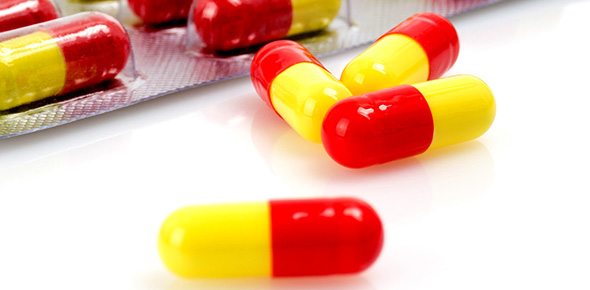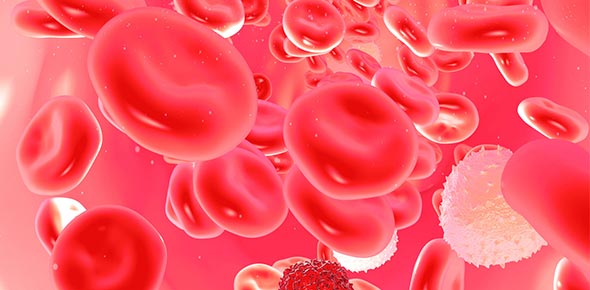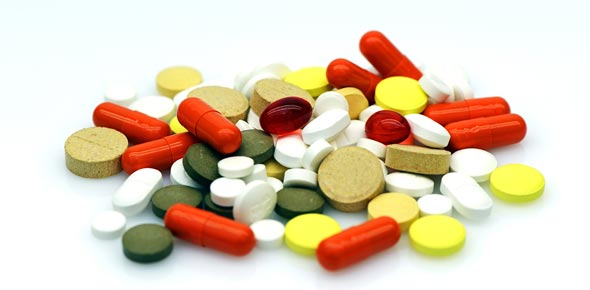Related Flashcards
Related Topics
Cards In This Set
| Front | Back |
|
Immune
|
Resistant to infection
|
|
Immune System
|
The tissues, cells, and molecules involved in the defense of the body against infectious agents
|
|
Immunity
|
The ability to resist infection
|
|
Immunization/Vaccination
|
The deliberate provocation of an adaptive immune response by introducing the antigen into the body
|
|
Commensal Species
|
A microorganism that habitually lives on or in the human body, and which normally causes no disease or harm and can even be beneficial
|
|
Flora
|
The community of microbial species that inhabits a particular niche in the human body, such as skin, mouth, gut, or vagina
|
|
Pathogen
|
Any organism with the potential to cause disease
|
|
Opportunistic pathogens
|
Organisms that do not normally cause trouble for a human, but can cause illness if the body's defenses are weakened or if the microbe gets into the 'wrong' place
|
|
Types of Pathogens
|
Bacteria
Viruses Fungi Parasites (protozoa/helminths) |
|
Epithelium
|
Layers of cells that line the outer surface and inner cavities of the body
ex: skin, epithelia lining on respiratory, gastrointestinal, and urogenital tracts |
|
Mucosal surfaces/Mucosae
|
The mucus-coated outer surfaces of tissues, such as the gut, lungs, eyes, and vagina, which communicate with the external environment to provide the body with material and information. The surfaces are delicate and they are protected by the mucus.
|
|
Mucus
|
Slimy protective secretion composed of glycoproteins, proteoglycans, peptides, and enzymes that is produced by the goblet cells in many internal epithelia
|
|
Defensins
|
Antimicrobial peptides produced by epithelial cells that kill bacteria, fungi, and enveloped viruses by perturbing their membranes
|
|
Innate Immune Response
|
Consists of two parts: recognition and destruction of the pathogen
General characteristics: rapid response (hours); Fixed; limited number of specificities; constant during response |
|
Effector Mechanisms
|
The physiological and cellular processes used by the immune system to destroy pathogens and remove them from the body
|






